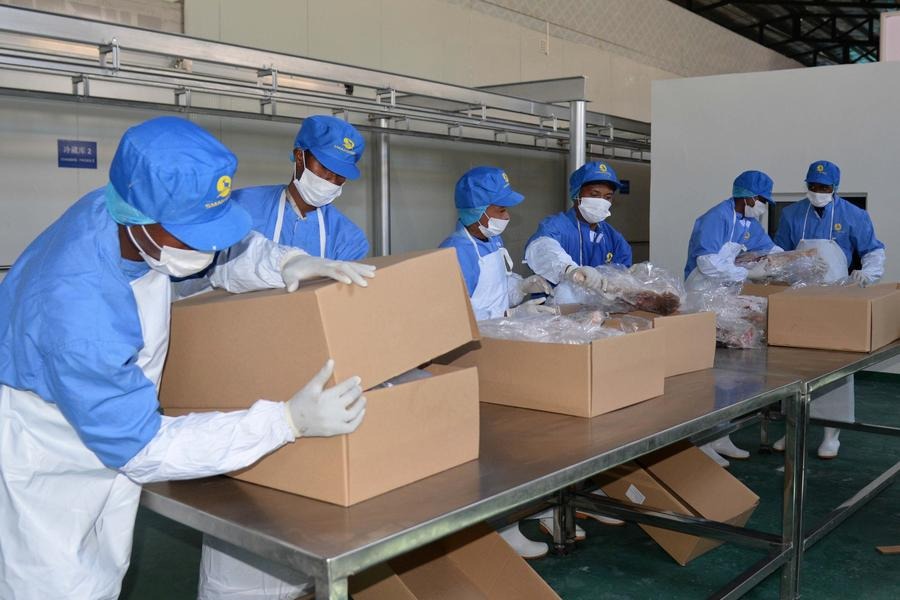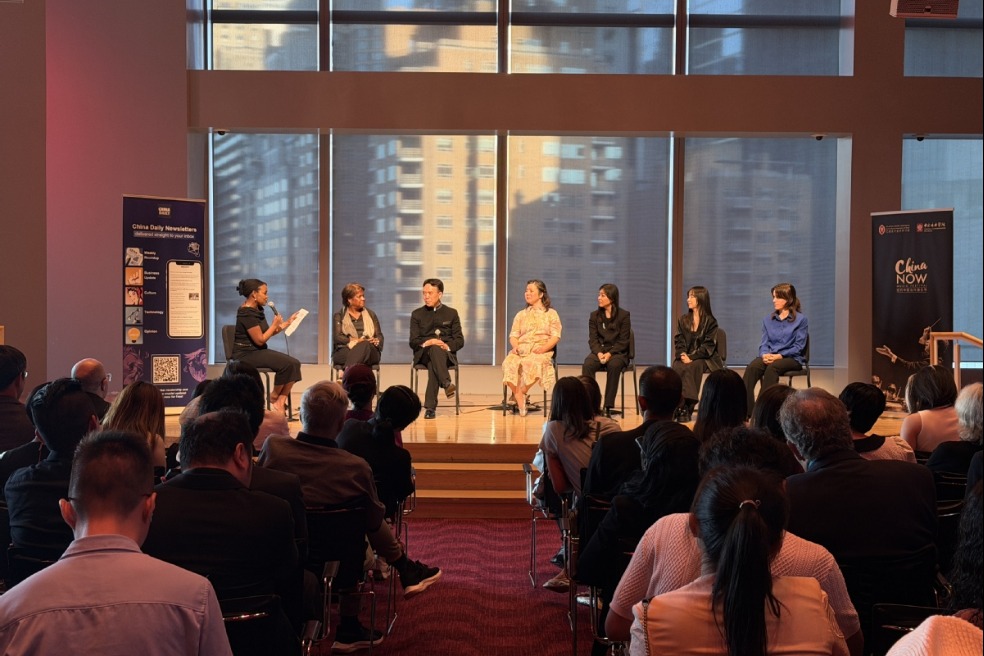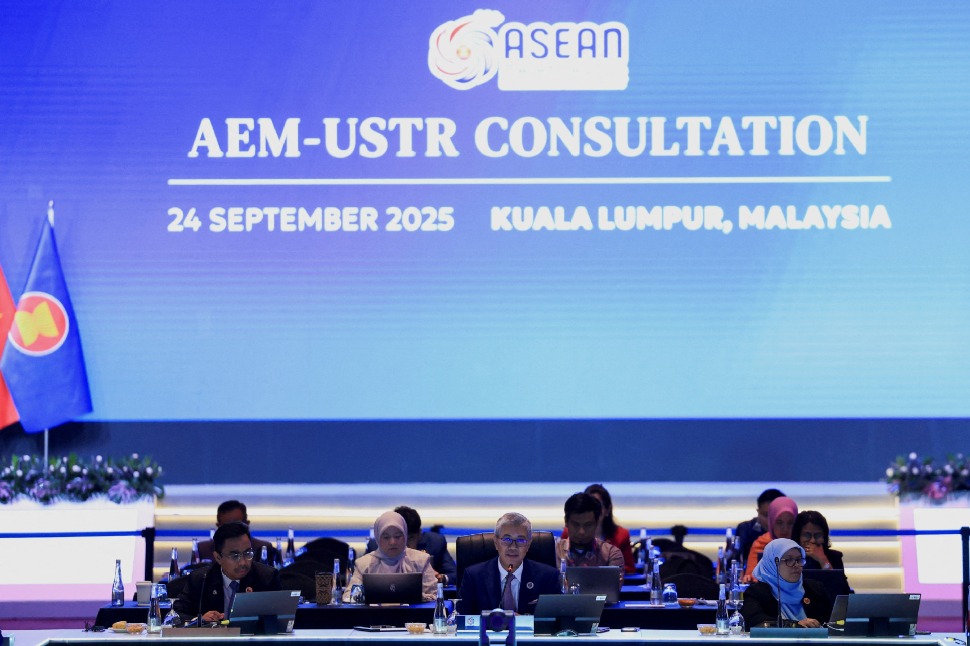Africa urged to diversify trade markets

African countries are lobbying for renewal of the crucial trade deal while trying to diversify trade amid rising trade protectionism from the United States, as the African Growth and Opportunity Act, or AGOA, expired on Tuesday.
Launched in 2000, the act is a flagship US trade preference program that allows eligible sub-Saharan African countries to export goods duty-free to the US under specific conditions. However, with the rise of trade protectionism in the US, many fear the program will not be renewed.
Speaking at the South Africa-US Trade and Investment Dialogue in New York last week, South Africa's President Cyril Ramaphosa noted that the act underpins thousands of jobs in auto assembly plants, farms and high-tech manufacturing hubs.
"Predictable, preferential access to the US market is vital not only to South Africa but to American companies that depend on reliable imports," he said, appealing to the US to renew the trade deal.
Joseph Upile Matola, acting head of the economic resilience and inclusion program at the South African Institute of International Affairs, warned that non-renewal would deprive African countries of "a very important market" that supports manufacturing, agriculture, clothing and textiles.
He said chances of the act being renewed are "very minimal" but added that a renewal would be "a pleasant surprise".
He called on African governments to accelerate the implementation of the African Continental Free Trade Area to boost intra-African trade and cushion against future shocks.
"The US itself has lost some markets around the world due to other countries' retaliation and change in consumer sentiments across regions like Europe and Canada as consumers ditch America," he said.
Zero-tariff policy
Matola pointed to China as an alternative market, citing its recent zero-tariff offer to 53 African countries with which it has diplomatic relations.
Kganki Matabane, chief executive officer of the Black Business Council in South Africa, echoed doubts over the act's future.
"We know there are discussions going on between South Africa and the US, but we don't think we have enough time to salvage AGOA. So far, things are not promising," said Matabane.
The South African government should continue negotiating with the US for the renewal of AGOA even as it diversifies its markets by exploring Africa, Asia and the Gulf, he added.
"China is a big market and ready. Many of our farmers are supplying citrus fruits to the US, and are now looking for opportunities in China," Matabane added.
Khulekani Mathe, CEO of Business Unity South Africa, concurred with Matabane that South Africa should explore other markets.
Last week, BUSA signed a memorandum of understanding with the South Africa-China Economic and Trade Association, which represents Chinese companies operating in South Africa.
Under the deal, BUSA will share regulatory information while the association provides market intelligence about China.
In Kenya, the Kenya Private Sector Alliance, or KEPSA, has urged the US to renew the deal for 16 years or provide a two-year transition window to allow time for a bilateral trade deal pact between Kenya and the US.
Carole Kariuki, KEPSA CEO, said that AGOA has played a positive role in Africa over the past 25 years, noting that it has supported industries, created jobs and transformed lives.
Kenyan President William Ruto raised the same issue with US Secretary of State Marco Rubio on the sidelines of the United Nations General Assembly. Ruto said that Kenya exported $600 million worth of apparel to the US last year and aims to surpass $2 billion by 2030.
Last week, Kenya's parliament passed a motion urging expedited extension of AGOA, citing its critical role in the country's economy, exports and job creation.
Jane Kagiri, a woman representative from Laikipia, Kenya, who sponsored the motion, warned of potential economic disruptions if urgent action is not taken.
"Women comprise approximately 75 percent of AGOA's direct beneficiaries, and their incomes directly support education, healthcare, and poverty alleviation," she said.
Ndumiso Mlilo in Johannesburg, South Africa, contributed to this story.
edithmutethya@chinadaily.com.cn

































